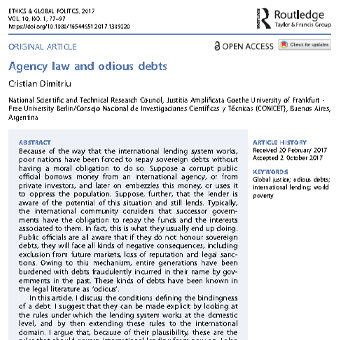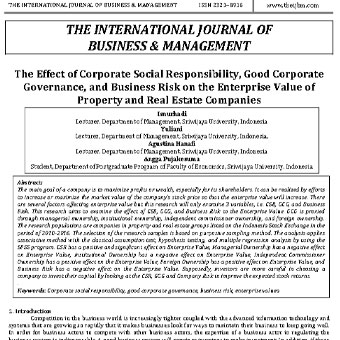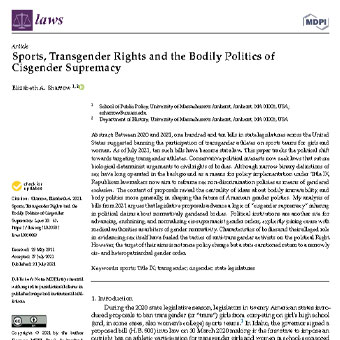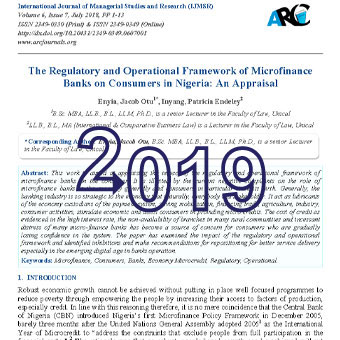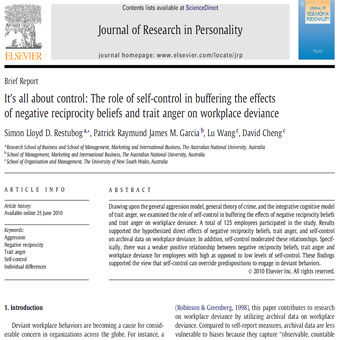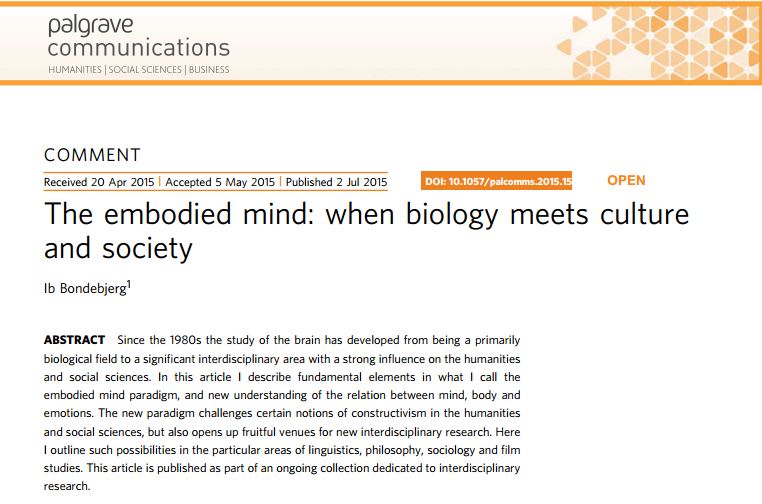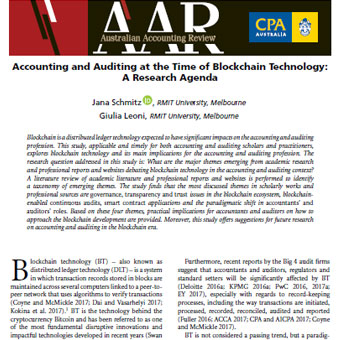عنوان فارسی مقاله:حقوق وکالت و دیون منفور
چکیده
به دلیل روشی که سیستم وام دهی بین المللی کار می کند، کشورهای فقیر مجبور به بازپرداخت دیون دولتی بدون داشتن تعهد اخلاقی برای این کار شده اند. فرض کنید یک مقام دولتی فاسد از یک آژانس بین المللی یا از سرمایه گذاران خصوصی پول قرض می کند و بعداً این پول را اختلاس می کند یا از آن برای سرکوب مردم استفاده می کند. علاوه بر این، فرض کنید وام دهنده از پتانسیل این وضعیت آگاه است و همچنان وام می دهد. معمولاً، جامعه بینالملل معتقد است که دولتهای جانشین موظف به بازپرداخت وجوه و منافع مربوط به آنها هستند. در واقع، این همان کاری است که آنها معمولاً انجام می دهند. مقامات دولتی همه می دانند که اگر دیون دولتی را رعایت نکنند، با انواع پیامدهای منفی از جمله طرد شدن از بازارهای آینده، از دست دادن شهرت و تحریم های حقوقی مواجه خواهند شد. به دلیل این مکانیسم، تمام نسلها با دیونی که در گذشته به نام آنها توسط دولتها متقلبانه شده بود، سنگین شدهاند. این نوع از دیون در ادبیات حقوقی به عنوان « دیون منفور» شناخته شده است(حقوق وکالت و دیون منفور).
- لینک دانلود فایل بلافاصله بعد از پرداخت وجه به نمایش در خواهد آمد.
- همچنین لینک دانلود به ایمیل شما ارسال خواهد شد به همین دلیل ایمیل خود را به دقت وارد نمایید.
- ممکن است ایمیل ارسالی به پوشه اسپم یا Bulk ایمیل شما ارسال شده باشد.
- در صورتی که به هر دلیلی موفق به دانلود فایل مورد نظر نشدید با ما تماس بگیرید.
 متن به فارسی | ترجمه مقالات و متون علمی | ترجمه و دانلود مقالات و انواع متون علمی و ادبی و پذیرش سفارش ترجمه
متن به فارسی | ترجمه مقالات و متون علمی | ترجمه و دانلود مقالات و انواع متون علمی و ادبی و پذیرش سفارش ترجمه
